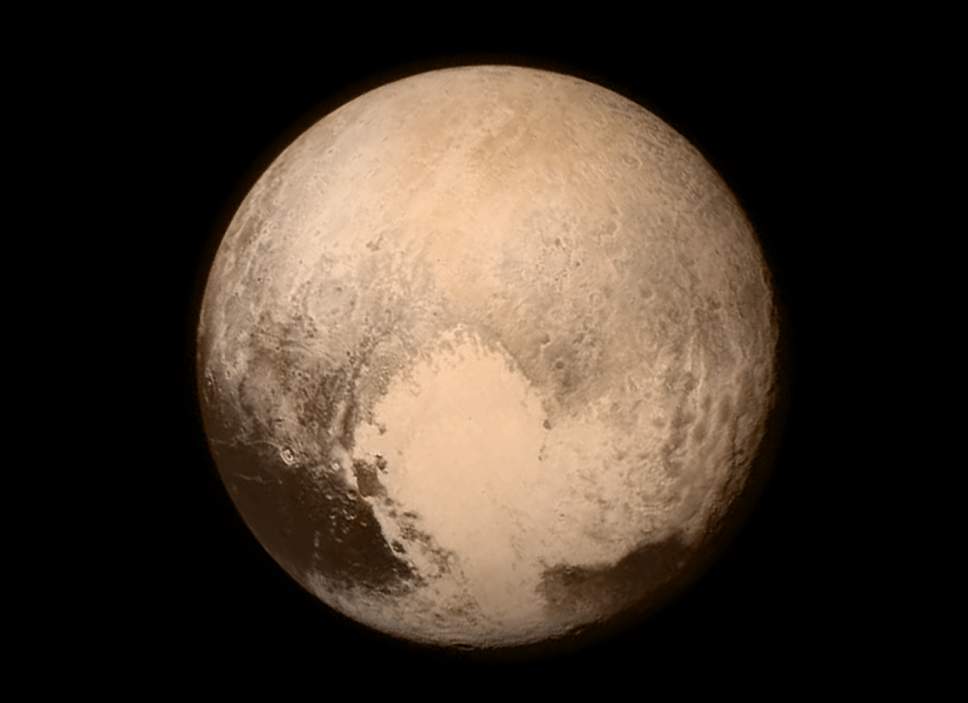Historical Study Makes us Wonder what a Planet Really is and has Reignited the Debate over Pluto’s Status

The debate still goes on strong, even if 12 years have passed already since a new definition of planethood that reclassified Pluto was voted by the International Astronomical Union. There is a new study published that used the historical record to take a better aim at the most controversial clause of the definition. This clause states that a planet has to clear the neighborhood of its orbit in order to keep other worlds from crossing orbits.
Employed in 2006, this requirement excluded Pluto because its orbit crosses paths on a regular basis with the orbit of Neptune. Even more, there have been smaller worlds found to habit the same region which is frequented by Pluto.
To complicate the debate even further, there has been an increasing number of icy objects found inside the Kuiper Belt, which, as you may not already, represents a broad ring of material distributed sparsely beyond Neptune. In 2005, an object named Eris was discovered and it was found to be more massive than Pluto.
This discovery is what led to Pluto being downgraded, sparking the IAU’s effort to settle the score through the appearance of the aforementioned clause. The new study shows four astronomers argue that the clause doesn’t have much historical precedent and that current research doesn’t commonly use it.
The lead author, Philip Metzger, a planetary scientist at the University of Central Florida, said that “the IAU definition would say that the fundamental object of planetary science, the planet, is supposed to be a defined on the basis of a concept that nobody uses in their research”. Metzger and his colleagues prefer another definition, one based on a geophysical standard: the object must be large enough that its gravity will allow it to keep a spherical shape.
0 comments